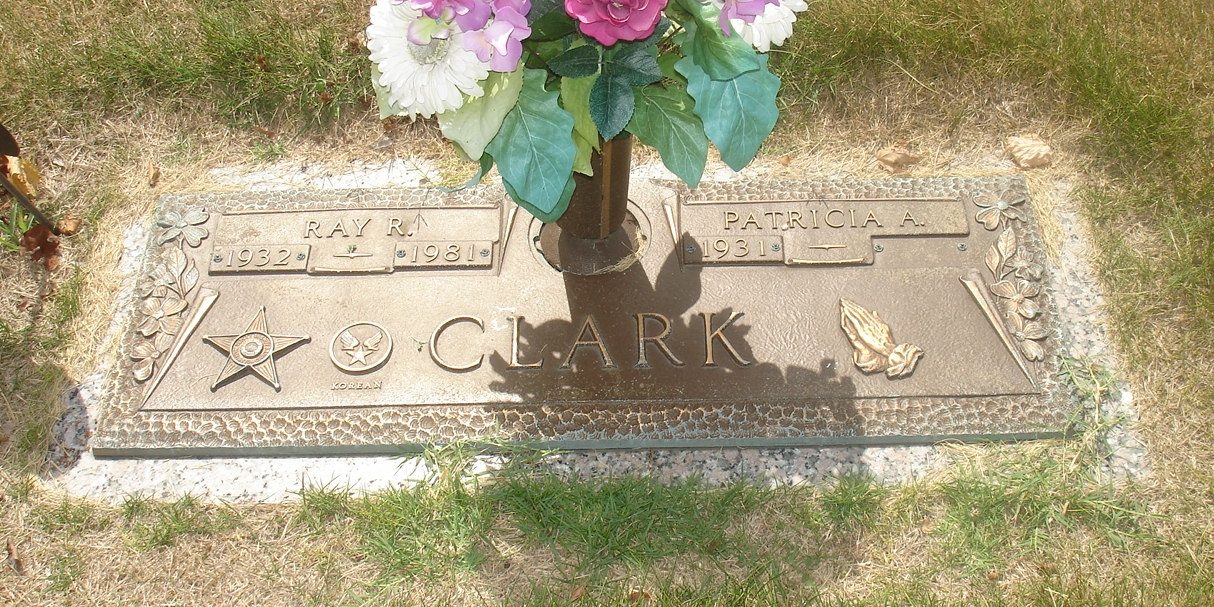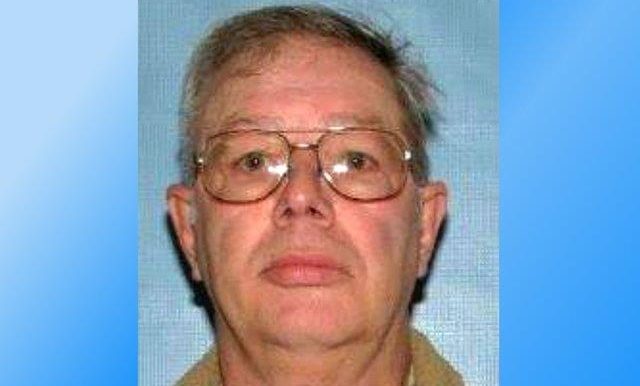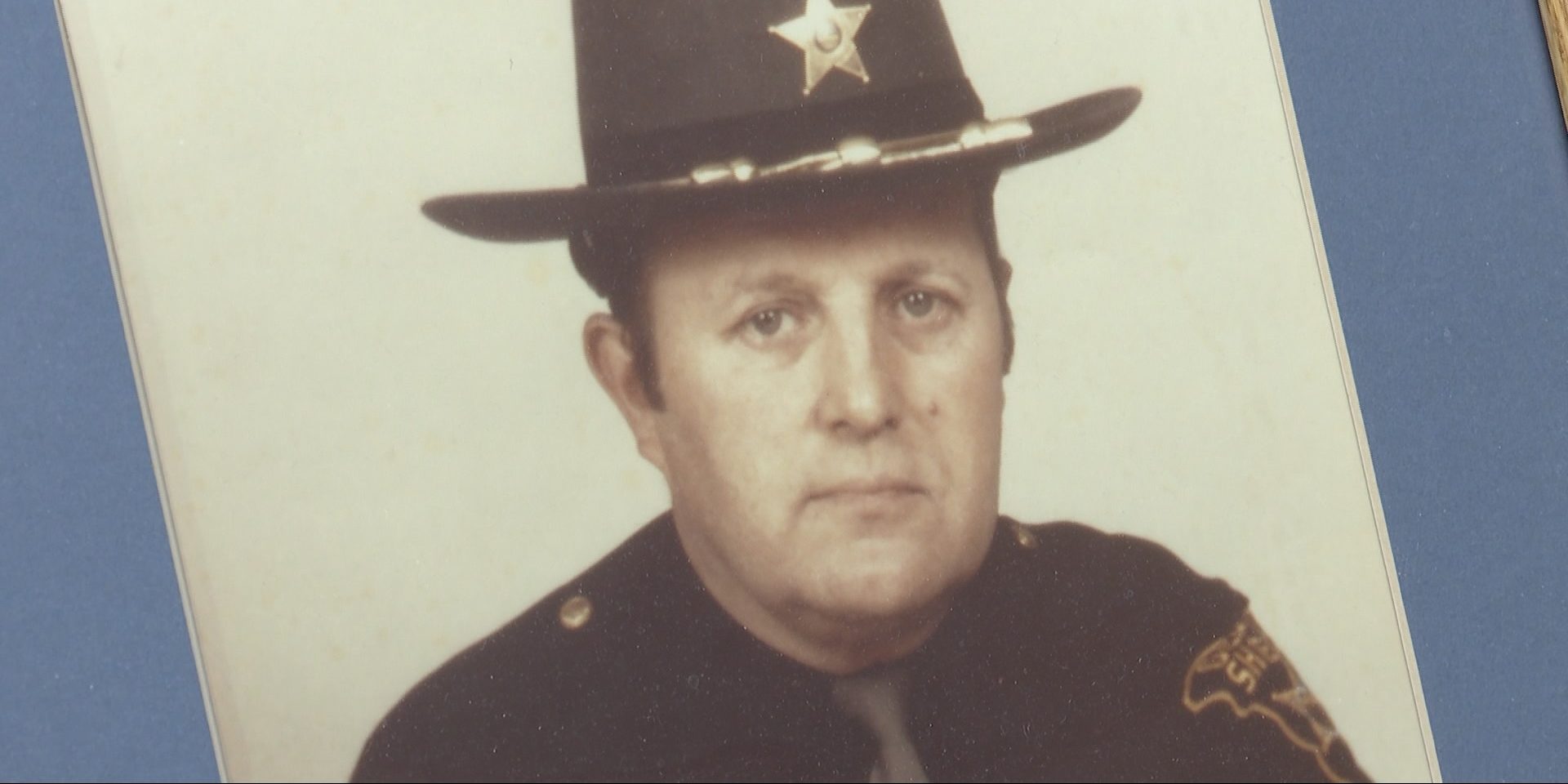In February 1981, Lt. Ray Richard “Joe” Clark of the Washington County Sheriff’s Department in Ohio was at home, enjoying a pleasant evening with his wife. When he went to the kitchen to put away his dinner plate, his wife heard a loud noise and initially thought Joe had slipped and fallen. Although he had a minor head wound, by the time police transported him to the hospital, he had already passed away.
The police determined that a shotgun had been fired at him from outside the house, confirming it was a murder. A&E’s ‘Cold Case Files’ episode titled ‘Officer Down’ chronicles this high-profile cold case that took years to solve. The episode highlights the practical police work that led to the capture of the killer, providing much-needed closure for Joe’s family.
Joe Clark’s Wife Found Him Injured in the Kitchen
Born on February 5, 1932, in Marietta, Washington County, Ohio, Lieutenant Ray “Joe” Clark was the son of Richard Thomas Clark and Mary Louise Clark. Joe always aspired to give back to his community, making joining the county’s police department a lifelong dream. He joined the department in 1967, and by 1981, his dedication and hard work earned him a lieutenant promotion. He was well-liked by his colleagues, who saw him as a helpful and active coworker, always ready to assist in any way he could.

Joe also had a stable personal life with his wife, Patricia Ann Clark, and his children. He raised his stepdaughter, Catherine Rees, as his own, and his son, Tim Clark, saw his father as a hero, always aspiring to be like him. On the evening of February 7, 1981, Joe was at home with Patricia, having a casual night indoors. After finishing his dinner, Joe exited the living room and went to the kitchen to put away his plate when Patricia heard a loud bang. She rushed to the kitchen to find Joe lying on the floor with some blood on the ground. Initially, she assumed he had fallen and hit his head, but by the time emergency medical assistance arrived and took him to the hospital, Joe had passed away.
The police responded to the scene, and a quick look at the room revealed that Joe had not merely fallen. The window in front of the sink was broken, and pellets were lodged in the ceiling. They immediately concluded that Joe had been shot with a shotgun by someone standing outside the window in a targeted, brutal attack. One of these pellets had hit Joe in the head, causing the fatal injury that ultimately took his life. Given Joe’s respected status within the police department, many resources were allocated, and numerous officers took a personal interest in the case, initiating a homicide investigation.
A Cold Case Unit Helped Find Joe Clark’s Killer
The police immediately recognized that Joe Clark’s murder was not a random act of violence due to its vicious nature and the targeted attack. They also ruled out a burglary, as no items had been taken from the scene. The police began canvassing the neighborhood, asking if anyone had seen anything unusual on the evening of the murder. While some neighbors reported seeing a car parked near the bushes, no one could identify the vehicle or the individuals inside. Meanwhile, Joe’s family feared for their lives, knowing that the perpetrator responsible for the brutal attack was still at large.
Despite the massive efforts from the police, Joe Clark’s murder case remained unsolved. The investigation hit a standstill with no DNA evidence, CCTV footage, or reliable eyewitnesses. Years passed without answers until 2011 when the Washington County police established a cold case unit. One of the first cases they revisited was Joe Clark’s. Given his long-standing legacy, the lead detectives firmly believed that his murder stemmed from a personal vendetta. They meticulously reviewed about 18,000 pages of evidence, eliminating many suspects. However, two individuals remained unaccounted for: Mitch Ruble and Bob Smithberger.
Mitch and Bob had been Washington County sheriff deputies, and there was enmity between Mitch and Joe. In 1979, Joe fired Mitch for using excessive force, a decision that Mitch did not take lightly. He spoke ill of Joe to many of their mutual friends and colleagues, making it well known that he was unhappy with his circumstances and blamed Joe for it. Mitch’s resentment grew when Joe was promoted to lieutenant, a position Mitch felt Joe did not deserve. Mitch believed that he would have received that promotion if it hadn’t been for Joe.
Meanwhile, the cold case unit worked tirelessly at the house where Joe had been killed. Even though the house had changed ownership multiple times, its internal structure remained unchanged. Using new technology, they digitally recreated the scene to gain insights about the murder weapon, the angle from which it had been fired, and the type of vehicle that would have made such a shot possible. They called Bob in for questioning, and this time, he confessed in exchange for protection from prosecution by either the court or the police department.
Bob detailed how, on the evening of the murder, he had driven Mitch to Joe’s house, with Mitch carrying a 9mm shotgun. The vehicle description matched the one the neighbors gave years ago. The detectives on the case stated that they had long suspected Mitch’s involvement but could not charge him due to a lack of evidence. With Bob’s confession, things became more transparent and more accessible to pursue.
Mitch Ruble is No More, and Bob Smithberger Keeps a Low Profile Today

In accordance with the agreement, Bob Smithberger was not charged with any crime. In October 2015, Mitch Ruble’s trial began, but the jury could not render a verdict, and it was declared a mistrial. His second trial began in March 2016, during which Bob testified against him. Mitch was found guilty of aggravated murder and sentenced to life in prison with the possibility of parole in 15 years. Before Mitch could make any more appeals or await parole, on August 9, 2017, he was found dead in his cell. The cause of his death was reported as natural, as he had died in his sleep. Bob has remained publicly inactive since his involvement in the case and keeps a low profile.
Read More: Scott Robins Murder: What Happened to Jim Dellavecchia and Kristen Snow?


You must be logged in to post a comment.